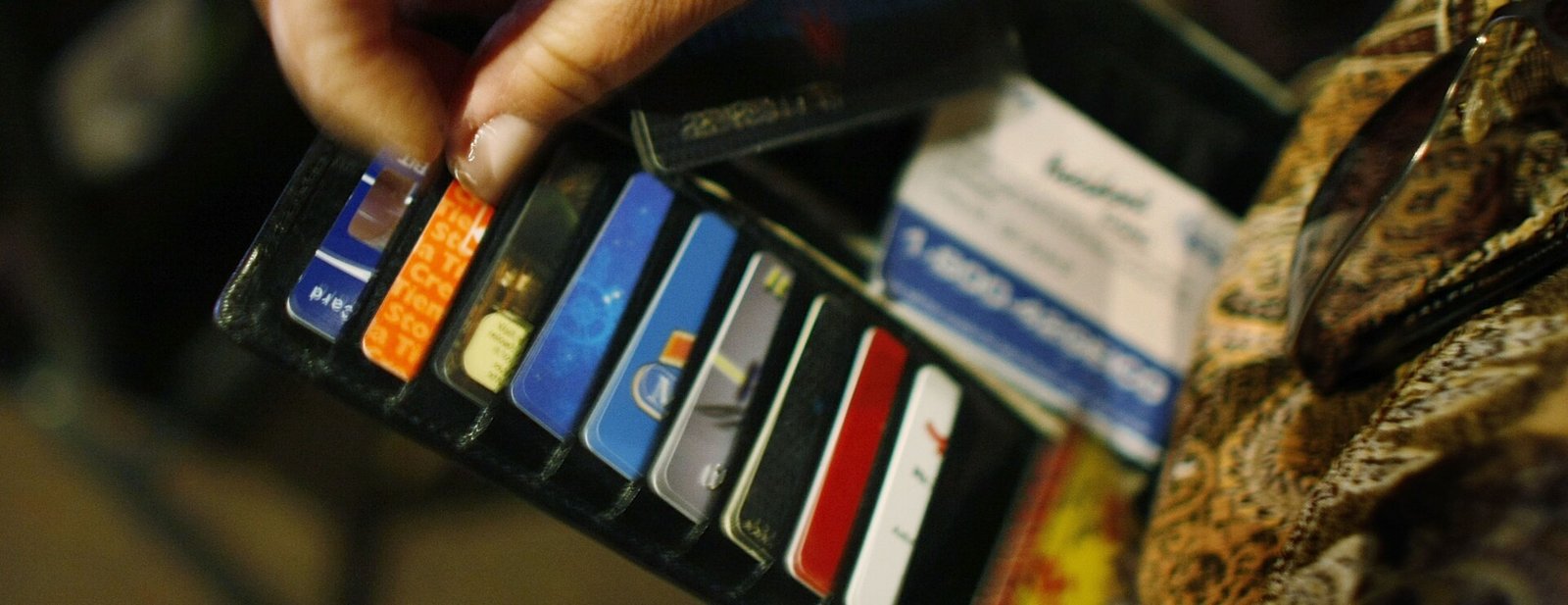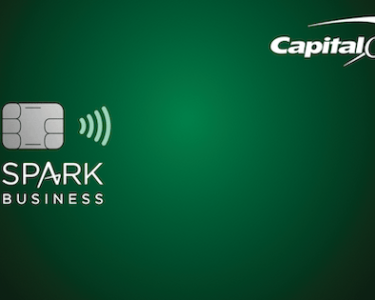The federal judge overseeing an industry challenge to the Consumer Financial Protection Bureau’s credit card late fee rule expressed skepticism about banks’ move to file the case in Texas.
Judge Mark T. Pittman of the US District Court for the Northern District of Texas on Monday asked the US Chamber of Commerce and its fellow plaintiffs as well as the CFPB to file briefs within a week outlining why the case should be heard in Fort Worth, Texas. Pittman, a Trump appointee, said he had “concerns” about whether his court is the appropriate venue to hear the case.
Pittman’s order comes as banks, hedge funds, and other corporate interests have launched a series of lawsuits seeking to block federal regulations in federal courts in Texas, which are viewed as more friendly to rule challenges. The Judicial Conference, the US Judiciary’s policy arm, issued a new policy this month aimed at limiting so-called judge shopping amid concerns that plaintiffs are looking to have cases heard before specific judges who are skeptical of federal regulations from Democratic administrations.
The CFPB has said in its briefing papers that the industry challenge to the agency’s credit card late fee rule, which caps late fees at $8, is an egregious example of such forum shopping. The CFPB noted that the only bank subject to the rule that has any connection to the Northern District of Texas is Draper, Utah-based Synchrony Bank N.A., which only recently became a member of the Fort Worth Chamber of Commerce.
Pittman appeared to question whether that was sufficient to bring the case in Fort Worth.
“The Court is weary that there appears to be an attenuated nexus to the Fort Worth Division, given only one plaintiff of the six in this matter has even a remote tie to the Fort Worth Division,” Pittman wrote.
The US Chamber of Commerce, the American Bankers Association, the Consumer Bankers Association, and the Fort Worth Chamber of Commerce have until March 21 to file their response. The CFPB is required to respond by March 25 under Pittman’s order.
The industry plaintiffs sued to block the CFPB rule on March 7, just two days after the CFPB finalized the regulation.
The trade groups said the rule should be put on hold until the US Supreme Court rules on the constitutionality of the CFPB’s independent funding through the Federal Reserve. They also said the rule was riddled with procedural shortcomings and problematic economic analysis.
The groups also raised concerns the rule had been rushed to meet political objectives. President Joe Biden mentioned the rule in his March 7 State of the Union address as part of his administration’s battle against so-called junk fees.
The case is US Chamber of Commerce v. CFPB, N.D. Tex., No. 4:24-cv-00213, Order 3/18/24.




